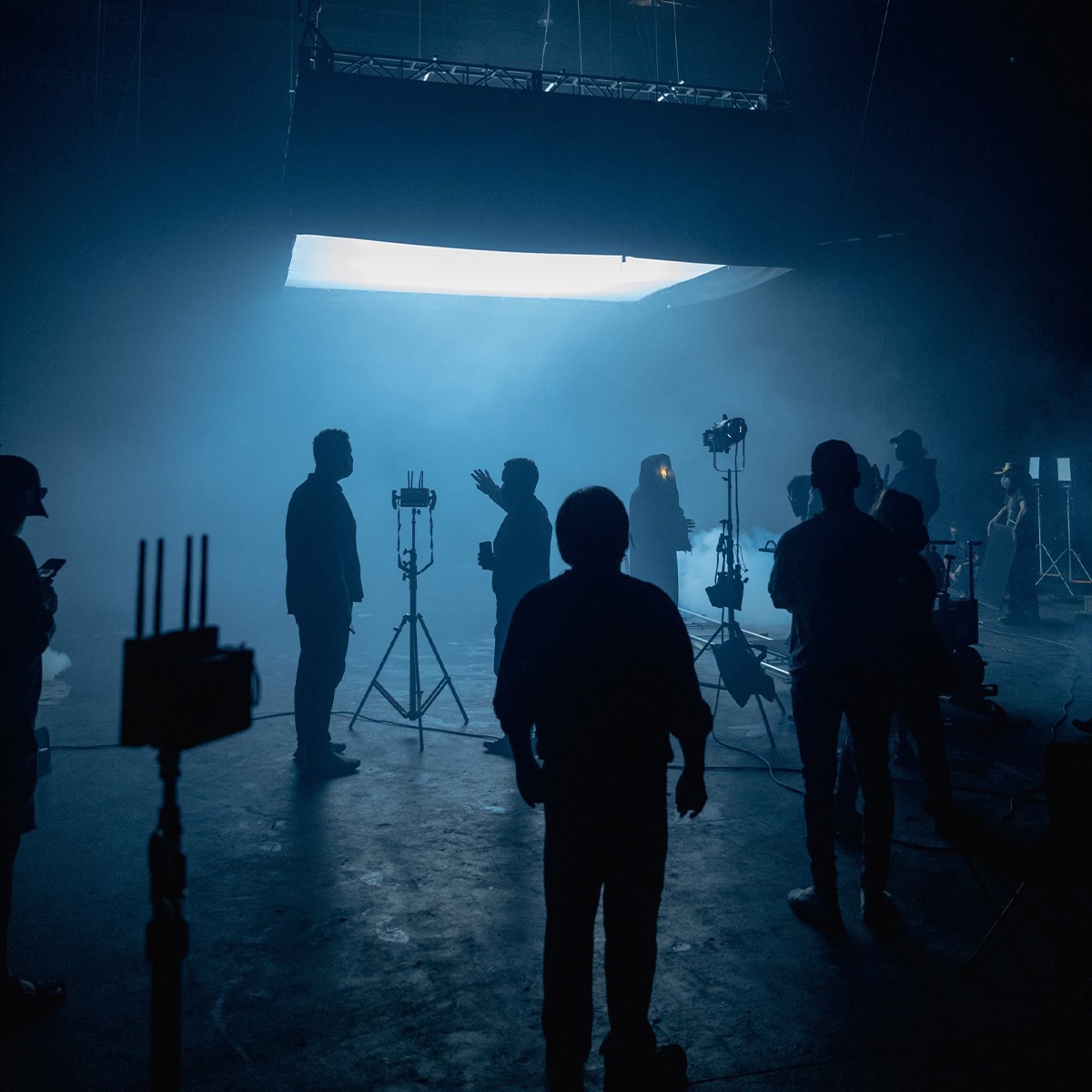Directorial
Film Crew Position: Creative Director

What does a Creative Director do?
A Creative Director in the Directorial department is a key member of the film crew who is responsible for overseeing the overall creative vision and direction of a project. They work closely with the director, producers, and other department heads to ensure that the film stays true to its artistic vision and objectives. A Creative Director is critical in shaping the visual style, tone, and narrative of the film, bringing their unique creative flair and expertise to the project.
What role does a Creative Director play?
The role of a Creative Director involves translating the director's vision into a cohesive and visually compelling on-screen reality. They are involved in various aspects of production, from concept development and script analysis to set design, costume choices, and overall aesthetic direction. Creative Directors collaborate with the director to brainstorm and develop ideas, provide feedback and guidance to the creative team, and make decisions that align with the project's artistic goals. Their keen eye for detail, innovative thinking, and ability to inspire and lead a team are crucial for the success of a film.
Do you need to go to college to be a Creative Director?
Becoming a Creative Director typically requires a bachelor's degree in a relevant field such as film, media production, visual arts, or a related discipline. While formal education can provide a solid foundation in filmmaking principles, techniques, and industry practices, experience and a strong portfolio of work are equally important for aspiring Creative Directors. Many professionals in this role have gained hands-on experience working in various creative capacities within the film industry before advancing to a leadership position.
What skills do you need to be a Creative Director?
A Creative Director should possess a diverse set of skills to excel in their role, including strong creative and artistic abilities, excellent communication and collaboration skills, project management expertise, and a deep understanding of visual storytelling techniques. They must be able to think innovatively, solve problems creatively, and adapt to changing circumstances quickly. Additionally, leadership, decision-making, and time management skills are essential for managing a team and meeting production deadlines effectively.
New to filmmaking?
Get Free Template
Use our budget template to get a kick start on your film project. Get access to dozens of templates no matter what type of project!
